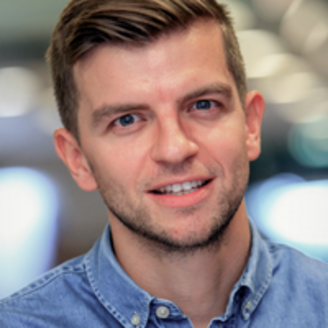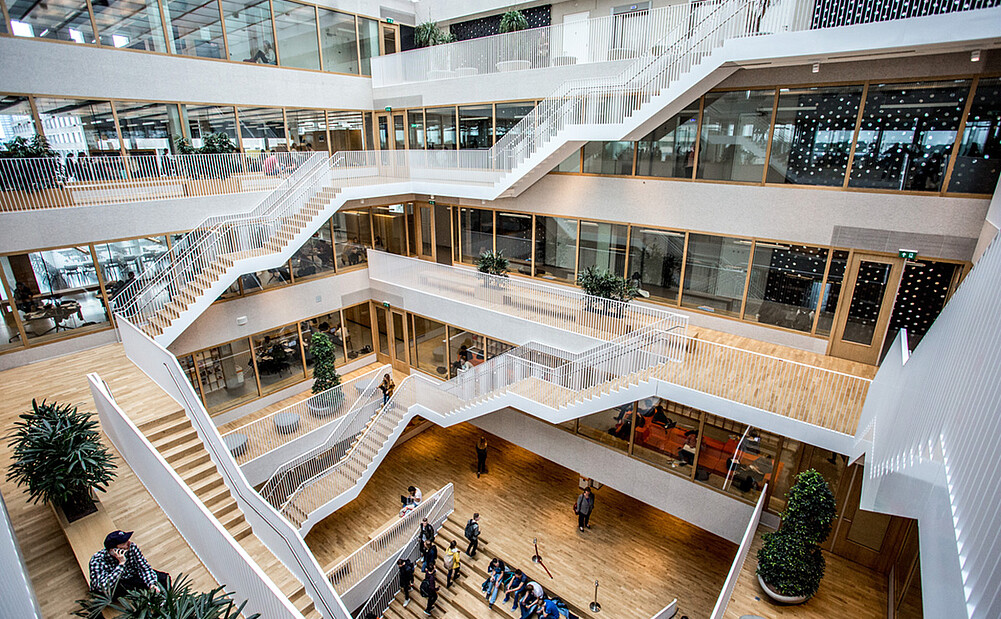We study how companies deal with suggestion systems and the management of internal ideas, as well as how solutions are crowdsourced in the market. How do networks between employees affect the successful generation of ideas? What do employees learn from earlier ideas? And how much motivation for innovation comes from outside influences?
- Relevant faculty members include: Prof. Jan van den Ende, Dr Dirk Deichmann, Dr Daan Stam, Dr Stefano Tasselli
- Relevant PhD students include: Davide Bavato, MSc, Ivo Esseveld, MSc
To what extent should innovation be controlled? What types of controls are needed? Are they controls on outcomes, processes or on the relationships between managers and the people involved? How does this work when firms collaborate on innovation projects?
- Relevant faculty members include: Prof. Jan van den Ende, Dr Israel Fortin, Dr Helge Klapper
- PhD students include: Vikrant Sihag, MSc, Jun Xiao, MSc
Innovations that create new markets for themselves or change the preferences of customers in existing markets are called ‘disruptive’. They have allowed firms of all sizes and at all stages of maturity to enter into new markets and quickly conquer them. We study how organisations can better manage their innovation process to foster these disruptive innovations. We also explore ‘frugal’ innovations which focus on consumer needs in emerging economies.
- Relevant faculty members include: Dr Murat Tarakci, Koen Dittrich, Diana den Held
- Relevant PhD students include: Timo van Balen, MSc
The internal political arena of companies is where innovation often takes place. In such a noisy arena, the project leaders who shout loudest get first access to funding. We study ways for project leaders to best communicate their ideas and vision for their innovation, so their ideas can win attention and funding.
- Relevant faculty members include: Dr Tobias Dennerlein, Dr Juan Pablo Madiedo, Dr Stefano Tasselli, Dr Daan Stam
- Relevant PhD students include: Najim Argam
Successful innovation needs common standards to provide interoperability between products. Standards should provide the ability to exchange and use information, and they should always provide quality and safety assurance. We investigate how firms can collaborate to create such standards. Using integrative research projects, we investigate how these processes apply if firms want to create sustainable innovations and how these processes apply in creative industries such as media and design.
- Relevant faculty members include: Dr Henk de Vries
- Relevant PhD students include: Paul Wiegmann, MSc, Fouad El Osrouti
Organisations and businesses crave leaders who can generate innovative ideas and implement them. In this programme, you will learn how to develop an innovation strategy, create an innovation culture, foster creative ideas, and lead innovation projects. You will explore scientific theories and case studies, and address business challenges so you can apply your learning to real business situations. You will join other students with diverse backgrounds as you learn management skills for leading innovation activities.
In a new massive open online course (MOOC) by Rotterdam School of Management, Erasmus University (RSM), business executives, entrepreneurs and students will be taken on a journey through innovation management concepts, theories of idea generation, selection, strategy formulation and implementation. During the free, nine-week online course, participants will also learn tricks and tools they can use to implement innovation projects.
RSM's Innovation Management programme comprises eight evening sessions which are augmented by some guided preparation work. During each classroom session, our faculty members will introduce you to an aspect of innovation management. We will provide recommended reading materials, online articles, and business study cases that will help you to prepare for the classroom sessions. We will also ask you to prepare descriptions of relevant situations from your own organisations in advance of the classroom sessions.
Three days
In a new massive open online course (MOOC) by Rotterdam School of Management, Erasmus University (RSM), business executives, entrepreneurs and students will be taken on a journey through innovation management concepts, theories of idea generation, selection, strategy formulation and implementation. During the free, nine-week online course, participants will also learn tricks and tools they can use to implement innovation projects.




